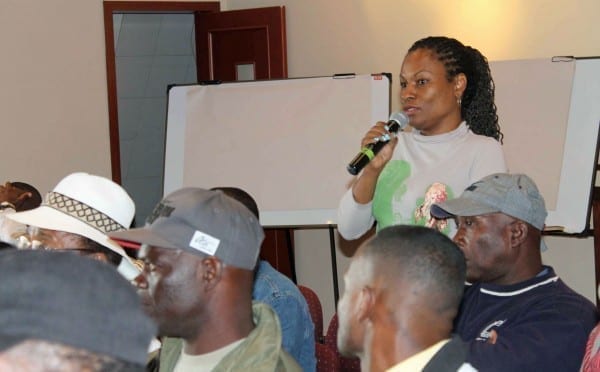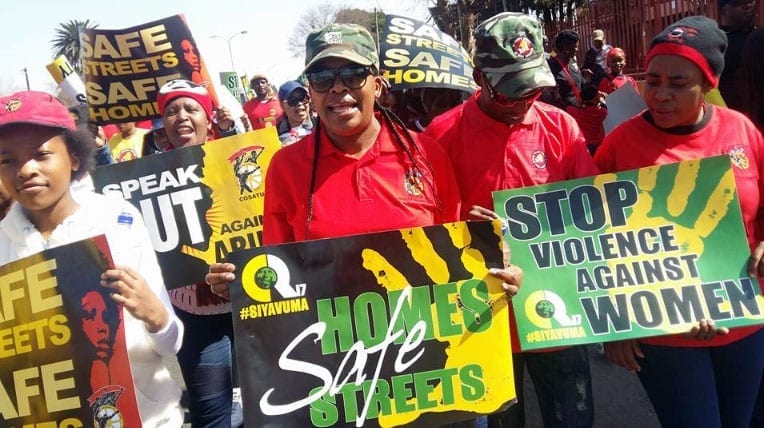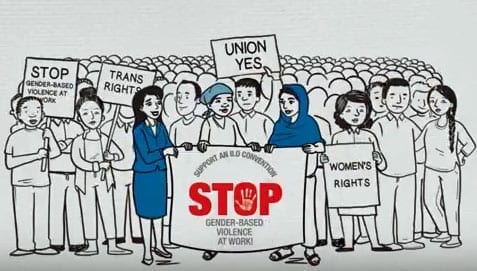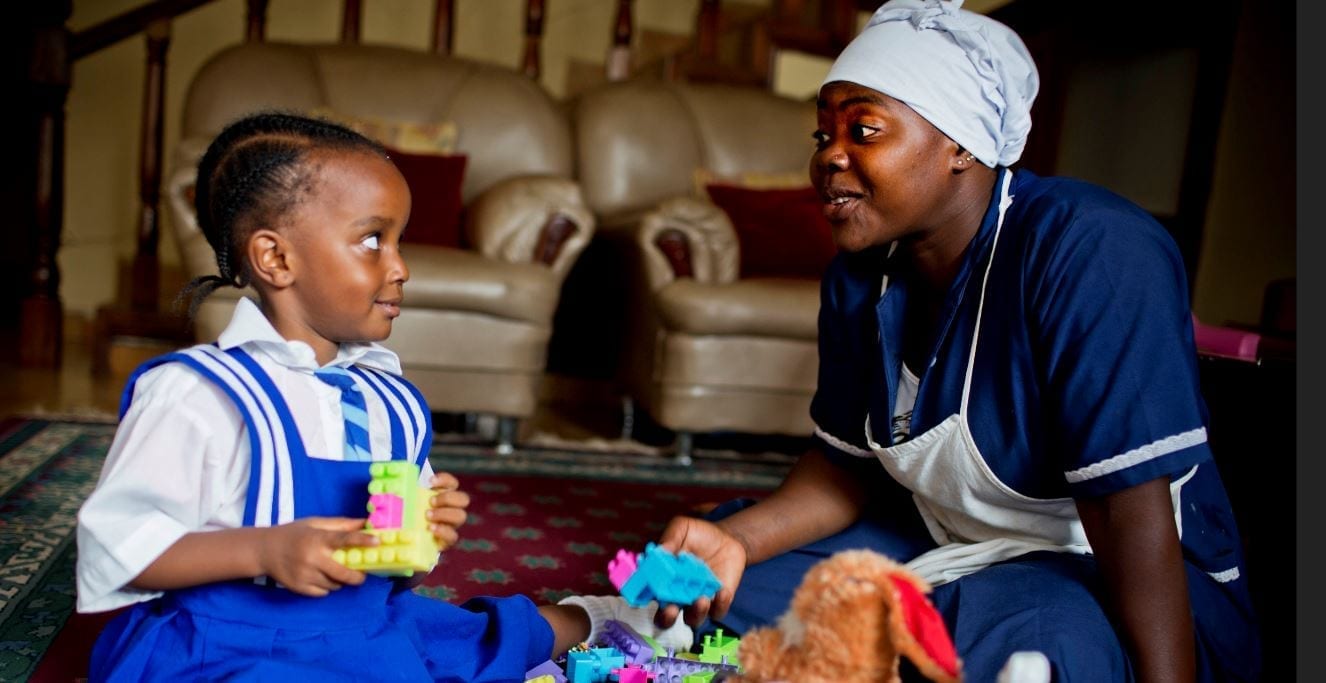Gertrude Mtsweni and Rose Omamo, trade union leaders from Africa, recently joined hundreds of workers who participated with government and employer representatives in high-level deliberations on a draft global standard addressing gender-based violence at work....

The Solidarity Center supported the development of the Afro-Colombian Labor Council, the first national organization in Colombia dedicated to improving the working conditions of Afro-descendants. Credit: Solidarity Center/Rhett Doumitt
- Conducts research and awareness-raising to challenge systems of oppression and inform inclusive approaches to building worker power across social identities at all levels
- Supports representative, inclusive leadership in our partner organizations
- Engages in cross-movement work to combat tools of oppression that impact women, including gender-based violence and harassment at work
- Brings together unions and community groups to identify shared socioeconomic struggles, analyzes how those struggles are linked to systemic racism and implements organizing, legal and advocacy strategies to collectively overcome the oppression that entraps workers in poverty
- Advocates for economic policies that uproot systemic discrimination and exploitation in labor markets.
A Step Closer to Ending Gender-Based Violence at Work
A global regulation addressing gender-based violence at work is one step closer to reality following a 10-day meeting of workers, their unions and representatives from business and government—but much work must yet be done to ensure its passage. Participants at the...
Domestic Workers Lead the Change
Domestic workers are at the forefront of change in many countries, highlighted by the adoption of the Decent Work for Domestic Workers convention by the International Labor Organization, and the creation of the International Domestic Workers Federation. Yet this...
No Results Found
The page you requested could not be found. Try refining your search, or use the navigation above to locate the post.



